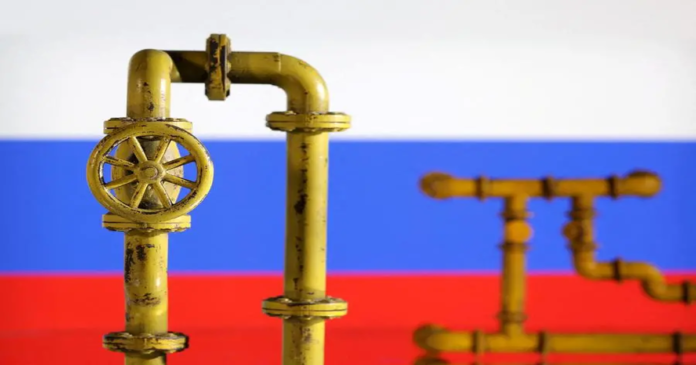The Russian government announced that it has lifted the majority of the limitations that were implemented on September 21. The export limitations on petrol are still in effect.
Russia lifts ban on diesel exports: In 2017, Russia exported nearly 35 million tonnes of diesel as oil products, and almost all of it was transporte through pipelines. Additionally, in 2022, Russia exported 4.8 million tonnes of petrol.
“The government lifted restrictions on exports of diesel fuel delivered to seaports by pipeline, provided that the manufacturer supplies at least 50% of the produced diesel fuel to the domestic market,” the government stated in a statement.
The world’s largest seaborne supplier of fuel is Russia, just slightly ahead of the US. However, the country’s shipments have faced restrictions. This restriction has driven up worldwide prices and prompted some consumers to seek alternate supplies of petrol and diesel.
Russia redirected exports of diesel and other fuels intended for Europe to Brazil, Turkiye, a number of North and West African nations, and Gulf states in the Middle East after the European Union outlawed Russian fuel imports due to Moscow’s actions in Ukraine.
Gulf states, each with a sizable refinery, reexport the fuel.
In recent months, Russia has worked to address shortages and high gasoline prices that particularly harm farmers during the harvest.
Wholesale diesel prices on the local exchange have decreased by 21% since the ban’s implementation, while petrol prices have decreased by 10%.
“Russian Government Takes Measures to Control Oil Prices Amid Retail Price Concerns”
Although Russian Deputy Prime Minister Alexander Novak, President Vladimir Putin’s point man on the oil industry, claimed that the restriction had begun to produce beneficial benefits, that has not yet translated into the same amount of retail price decrease.
The Federal Anti-Monopoly Service (FAS) announced on Thursday that it has given oil corporations guidelines instructing them to lower the cost of oil-related products.
Additionally, on Friday, the government increased the fuel export duty for companies that sell fuel but do not generate it from 20,000 roubles to 50,000 roubles ($495.63) per tonne and fully reinstated damper payments, or subsidies, for oil refineries beginning on October 1.
The government is preventing resellers from making advance purchases of petrol for later export once they repeal the present restrictions. This stops them from exporting fuel while passing it off as other goods, it added.

